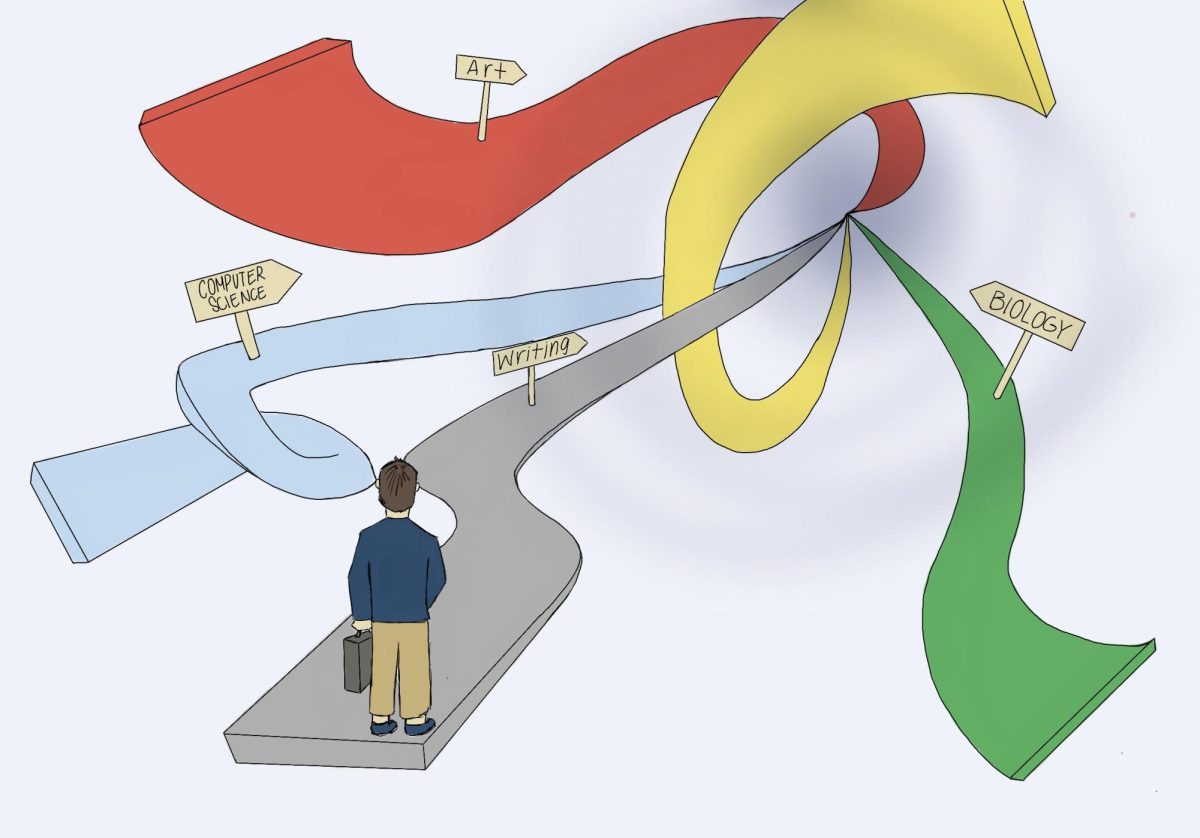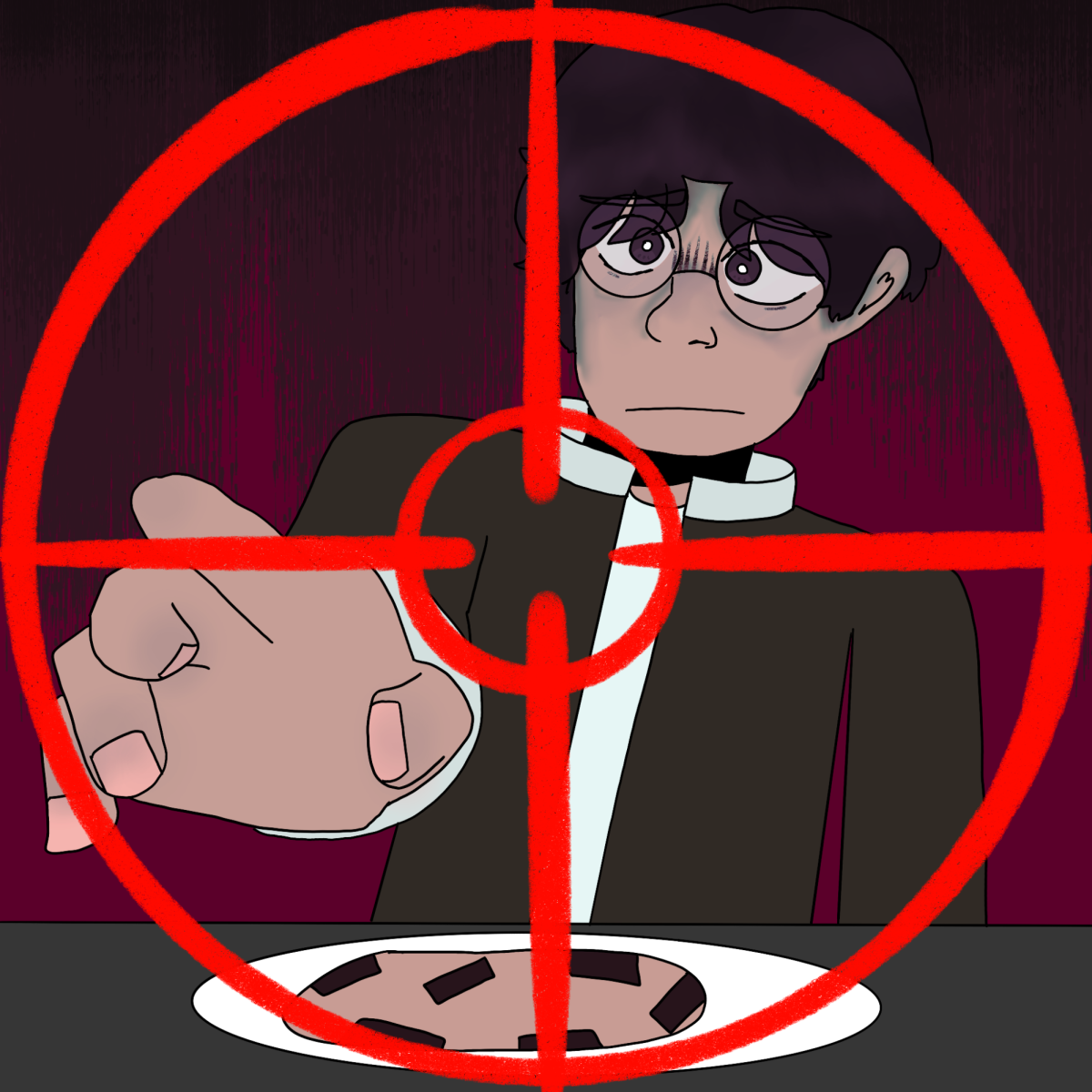Just as all the frivolous concerns that arise from deeper fears are simply the invisible hands that suffocate you, the common idea of overthinking is merely an illusion that isn’t all that real once you truly think about it.
Overthinking doesn’t mean having more than a simple thought in your head. Instead, the term means to “repetitively dwell[ing] on the same thought or situation over and over to the point that it disrupts your life.” So having more complex thoughts by analyzing the different viewpoints of an idea doesn’t mean you are really “overthinking.
It’s not possible to operate without thinking. But there’s no set notion as to how one should think or how much one should think. As long as you aren’t letting your thoughts consume you to the point where indecisiveness holds you back, then simply thinking beyond the surface level isn’t something to be concerned about. This is what sets apart the so-called “overthinking” from diagnosed mental blocks and disabilities.
Overthinking isn’t a recognized health condition, however it is often associated with anxiety and depression. General anxiety disorder usually develops from genes, personality factors including “the inability to tolerate uncertainty in life,” or certain life experiences. The chain of worries where the mind jumps from one concern to another and second-guessing yourself to the point where it’s hard to concentrate is where the term “overthinking” stems from. So if someone tells you that you’re overthinking because you’re analyzing a situation before making a crucial decision, maybe they aren’t thinking at all.
As someone who always used to always call myself an overthinker, I realized that rather than worrying over my thoughts, I was actually preparing myself for potential situations, both the best and the worst. Having such thoughts is often associated with overthinking, but it doesn’t necessarily fit in with the definition — unnecessarily dwelling on irrational worries and thinking of all the impossibilities that may occur due to fear or doubt. It often has a negative connotation to it, however, in my case, having more than just one dimensional thoughts roaming around in my head was another type of thing: deep thinking, the “heart of every paradigm shift or reframing of a problematic situation.”
While thinking is deemed the “mental process” through words, pictures or symbols, deep thinking, also known as developmental thinking, dives deeper than the systematic, formulaic way of thinking — it’s the “discontinuous “aha!” experience.” Essentially, deep thinking drives creativity and cannot be classified as rational or irrational.
This type of thinking and just thinking in general brings me comfort. Having my mind constantly working when meeting someone new, conducting myself in different conversations and being by myself — it keeps me company and allows me to understand myself and those around me better. I’m able to reflect and catch myself when I fall down a track I knew I’d regret taking further down the road. So sometimes, having that moment of skepticism is important to take a step back and think again to see if what you’re doing is “right” — and that can save you every so often. There are times where you change your mind at the last second because of a last minute thought, and it turned out to be the better decision in the long run.
If we simply stuck to surface-level thinking, we would always go for our first choices and not think twice about what would’ve been a better decision. While it’s important to learn from the mistakes that are usually made by our first choices, sometimes it’s inevitable to not beat yourself over such mistakes. It’s natural to feel upset and regret from making certain decisions, especially if it could’ve all been prevented if you had taken one more extra second to think.
So knowing that you’re not irrationally stressing out for overthinking, you can now live in peace and continue immersing yourself deep in your thoughts.







